Does Bitcoin Have Any Intrinsic Value?
Bitcoin represents economic liberty. If you own Bitcoin, you have portable wealth. You can walk away from a failing regime and not lose your life savings.

Many people think that for something to become money, it must have some intrinsic, or more correctly, utility value.
Let’s suppose for a moment that you believe in the utility value and think that gold was used as money because it is shiny, and people want to wear shiny things.
Let’s suppose cowry shells were used for 4000 years as money and exchanged in some cases at a rate of a handful of shells for a cow because people found them so attractive and rare (far from their source of production) that they were worth a cow.
From the examples above, we can see the idea of intrinsic value is specific to cultures. In some cultures, shiny metals were valued. In others, shells or beads.
What do we value today?
Clearly, it’s not cowry shells, which can be had for about $5/100 on Etsy.
I posit that what we (most people on Earth) value is liberty and freedom. Freedom from oppressive regimes. Freedom from autocracy. Freedom to do what we please with the money we earn. Freedom to leave our country with our wealth when our country is no longer a welcome environment for us.
Living in a first-world economy, it is difficult to understand the value of Bitcoin. Isn’t it just a slower, more expensive way to send money?
What’s wrong with PayPal, Chase QuickPay, or any number of options that are free and instantaneous?
The answer is that nothing is wrong when liberty is an assumption, and you have a functional banking system and relatively non-corrupt government.
But this is not the case in huge parts of the world. When we immigrated to the US from the former Soviet Union, my parents were allowed to exchange approximately $100 per person of Soviet Rubles for USD. The rest had to be sold on the black market for pennies on the ruble. It was illegal to own US dollars, and the government strictly controlled the entire economy.
This kind of currency control is playing out worldwide today in places like Venezuela, Argentina, Iran, and Zimbabwe. There are cash shortages as the government prints ever more digital money while denying people sovereignty by not issuing cash that you can carry with you and exchange even on a black market.
This means you’re completely at the mercy of the corrupt government. They can freeze your bank account, steal your funds, or simply not allow you to leave with the money you’ve worked all your life to save as the economy tanks and the money hyperinflates, you’re left with nothing.
What is the value of Bitcoin in such economies?
Bitcoin represents economic liberty. If you own Bitcoin, you have portable wealth. You can walk away from a failing regime and not lose your life savings.
Critics of Bitcoin point to its volatility without realizing that the Venezuelan Bolivar inflation has been between 50 — 150% per month for the last 3 years, topping out at upwards of a million percent per year. The Bolivar has completely failed as money because it no longer stores value, and the people holding it are now locked into economic despair.
What if they were able to hold Bitcoin instead?
How much misery in this world would be prevented?
In Afghanistan, women previously limited by a patriarchal society are gaining financial autonomy because of Bitcoin.
What’s more, cash is being eradicated worldwide, even in first-world countries. Already most transactions we do in the US are done through corporate payment networks like VISA and settled digitally by our banks. What we gave up during the transition from physical cash to digital payments is privacy and control. We no longer own the money we claim to have, and our data is constantly sold to the highest bidder for the privilege of using these payment networks.
Unlike money we’re used to, Bitcoin isn’t shiny, heavy, or made of a cotton/linen blend. But on the other hand, you can carry it without a suitcase.
It’s digital, like the money in your bank account and your PayPal account, but unlike those sums of money, it can’t be taken from you if the government decides you’ve done something wrong.
Like a credit card, you can use Bitcoin to buy things or send them to someone halfway around the world; however, unlike the credit card system, you can do so without giving up your identity and financial details to centralized repositories that get hacked.
It can’t be made into jewelry, though by signing messages with private keys you control, you can flaunt your wealth if you so choose without exposing it to loss.
It is not “backed by” a government central bank complex that decides in a secret room whether it will lose 2 or 4% of its value this year. It does have a guaranteed supply schedule that cannot be manipulated by humans and a value that is decided purely by the market.
The intrinsic value of Bitcoin is its ability to move across national borders undetected. There is literally no other asset that is both scarce, digital, and portable in your head by memorizing twelve words. Moreover, because of its pseudo-anonymous nature, it is possible for people in any country, regardless of how tightly currency is controlled or oppressed, to start earning Bitcoin from anywhere in the world.
This kind of liberty has a value that has yet to begin to get tapped. Stop thinking of Bitcoin as a payment network, and start thinking of it as a tool to take down those seeking to control us.
Sign up to start saving Bitcoin
Buy automatically every day, week, or month, starting with as little as $10.
Yan Pritzker is the co-founder and CTO of Swan Bitcoin, the best place to buy Bitcoin with easy recurring purchases straight from your bank account. Yan is also the author of Inventing Bitcoin, a quick guide to why Bitcoin was invented and how it works.
More from Swan Signal Blog
Thoughts on Bitcoin from the Swan team and friends.
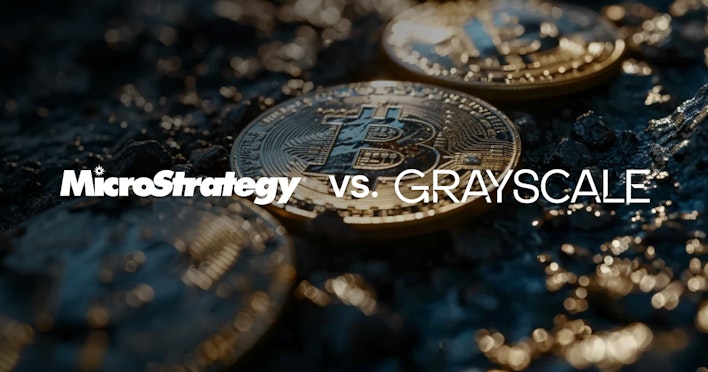
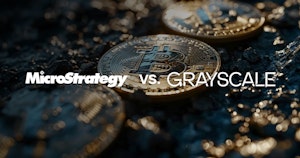
MSTR vs. GBTC Compared: Which is Best in 2024?

By Drew
This article compares MSTR and GBTC, offering insights for investors by examining their features, benefits, performance, fees, and drawbacks, focusing on their role in Bitcoin investment strategies.
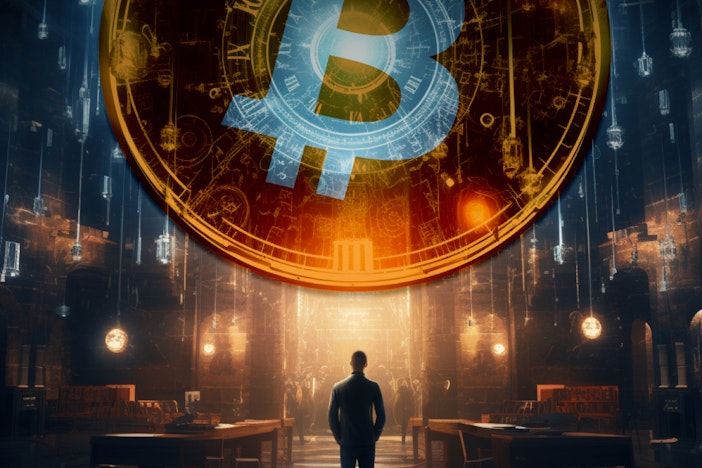
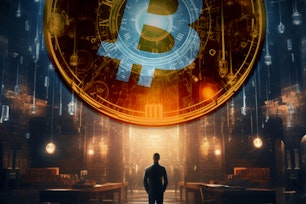
Changing Bitcoin: The Past, The Present, and The Future (Part One)

By Tomer Strolight
For Bitcoin to achieve the lofty goals many have for it, its rules will need to change. This three-part series of articles will tackle what it takes to change Bitcoin.
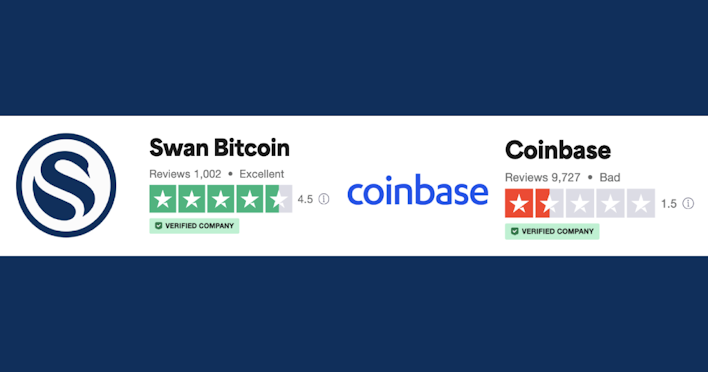

4 Reasons to Avoid Coinbase In 2024?

By Matt Ruby
The crypto platform is facing all kinds of problems. Is it time for customers to seek out an alternative?